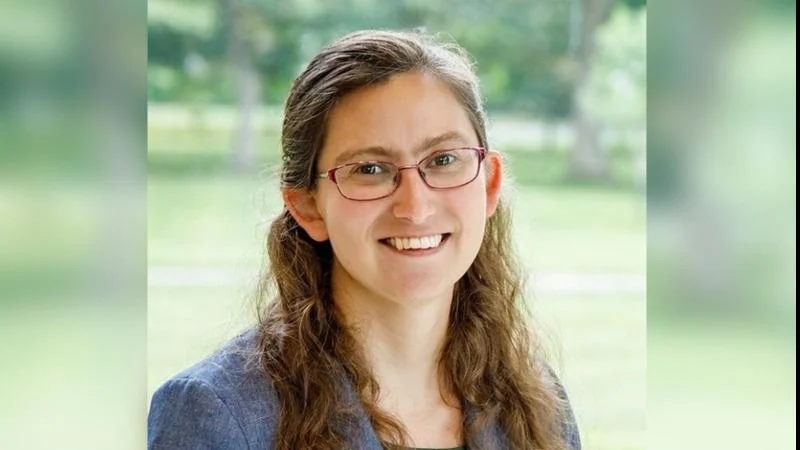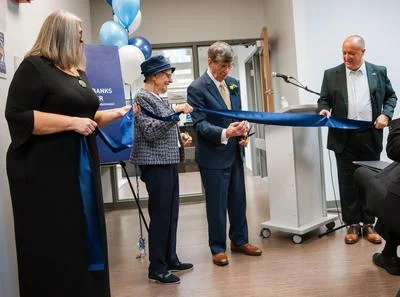The recent wildfires in southern California have resulted in significant devastation, with high winds and dry conditions contributing to the loss of at least 29 lives and the destruction of over 16,000 structures. The financial impact is estimated to be in the tens of billions of dollars.
Ruth Heindel, the Dorothy and Thomas Jegla Assistant Professor of Environmental Studies at Kenyon College, attributes much of this devastation to climate change. Heindel, an interdisciplinary biogeochemist, has conducted extensive field research across various regions including Greenland and Antarctica. Her work focuses on understanding how changing climates affect sensitive ecosystems.
Heindel explained the link between climate change and increased wildfire risk: "For places that are dry, we expect climate change to make them drier. And in a warmer climate, precipitation events tend to be more extreme." This leads to conditions where vegetation grows rapidly during wet periods but becomes highly combustible during subsequent droughts.
When asked about future wildfire risks, Heindel noted: "Yes. You can think about the severity of wildfires in terms of the amount of land burned and in terms of how hot things are burning." She highlighted that housing development in fire-prone areas exacerbates these challenges.
On whether wildfires contribute back to climate change, Heindel stated: "It's because you have warmer conditions that are ripe for a higher rate of wildfire, and then these wildfires are also emitting CO2 (carbon dioxide) into the atmosphere."
Discussing other natural disasters influenced by climate change, Heindel pointed out that "with the intensification of the water cycle, we can expect these more extreme precipitation events that can lead to a lot of flooding." She also mentioned that hurricanes are strengthening due to increased ocean temperatures.
Heindel believes policy changes could still mitigate some impacts: "Every 10th of a degree is going to make a difference," she said. She emphasized reducing carbon emissions as critical even if it seems insufficient individually.
In her research focused on Antarctica's sensitive polar regions and atmospheric deposition effects from rainwater particles not composed solely of water, Heindel finds parallels with regulated nitrogen forms under the Clean Air Act which saw improvements over decades potentially reversed by wildfires' chemical emissions.
As a personal contribution against climate change, Heindel recommends adopting plant-based diets due to their efficient resource use compared to meat production. For further reading on proactive environmental strategies, she suggests Ayana Elizabeth Johnson's book “What If We Get It Right?” which offers positive insights into creating desired future outcomes through activism.







